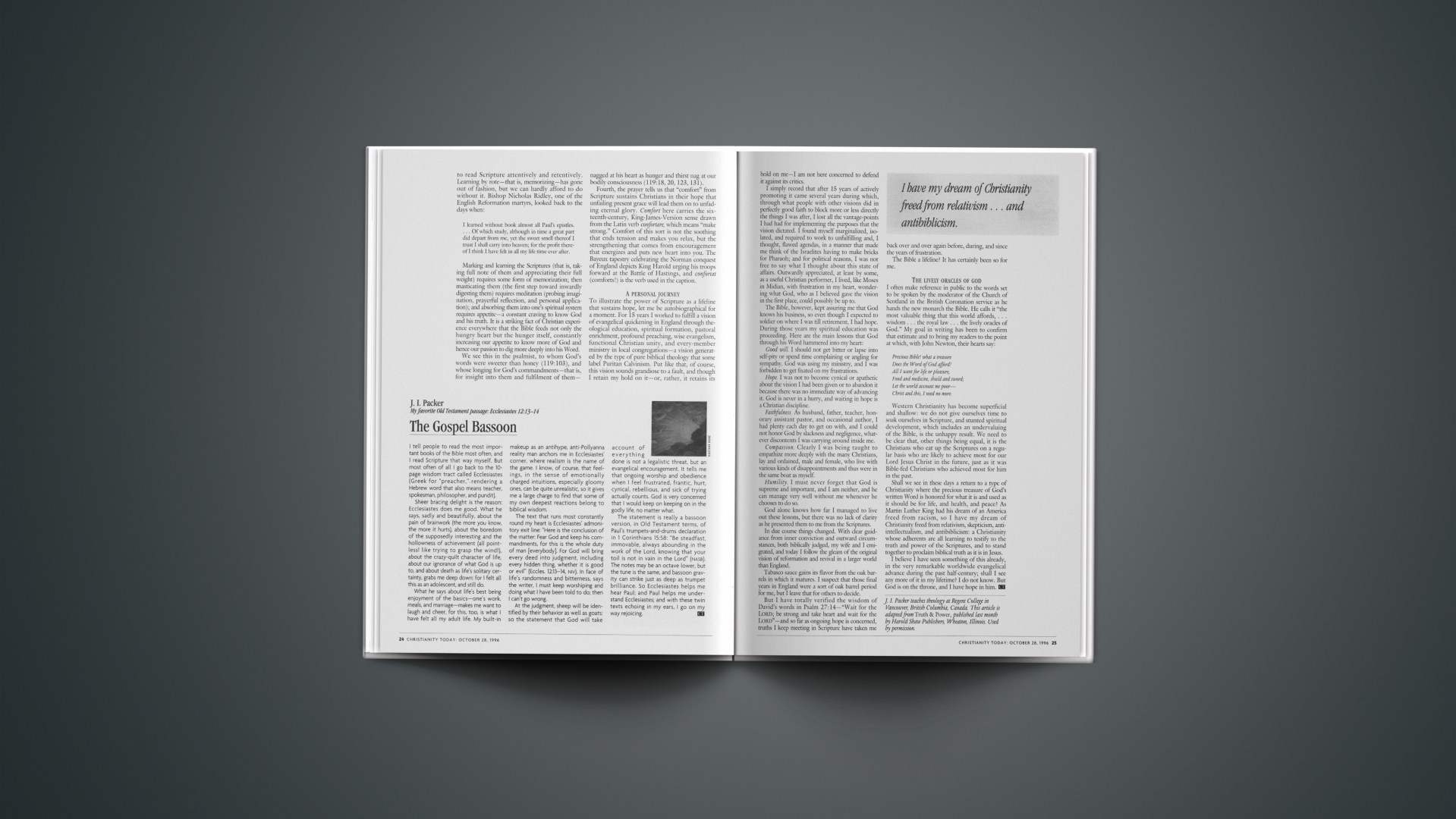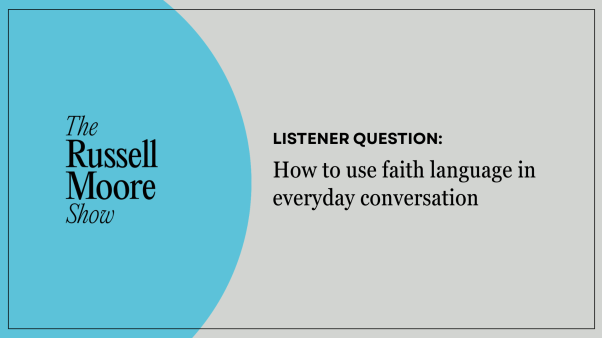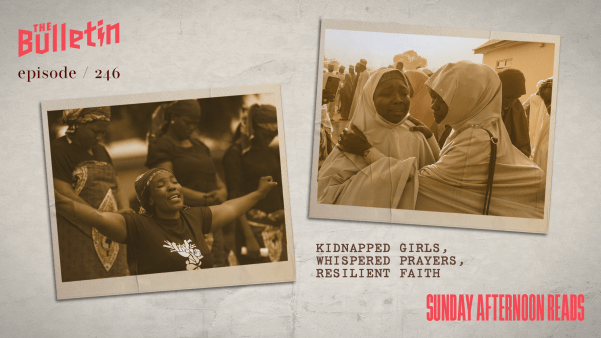I tell people to read the most important books of the Bible most often, and I read Scripture that way myself. But most often of all I go back to the 10-page wisdom tract called Ecclesiastes (Greek for "preacher," rendering a
Hebrew word that also means teacher, spokesman, philosopher, and pundit).
Sheer bracing delight is the reason: Ecclesiastes does me good. What he says, sadly and beautifully, about the pain of brainwork (the more you know, the more it hurts), about the boredom of the supposedly interesting and the hollowness of achievement (all pointless! like trying to grasp the wind!), about the crazy-quilt character of life, about our ignorance of what God is up to, and about death as life's solitary certainty, grabs me deep down: for I felt all this as an adolescent, and still do.
What he says about life's best being enjoyment of the basics-one's work, meals, and marriage-makes me want to laugh and cheer, for this, too, is what I have felt all my adult life. My built-in makeup as an antihype, anti-Pollyanna reality man anchors me in Ecclesiastes' corner, where realism is the name of the game. I know, of course, that feelings, in the sense of emotionally charged intuitions, especially gloomy ones, can be quite unrealistic, so it gives me a large charge to find that some of my own deepest reactions belong to biblical wisdom.
The text that runs most constantly round my heart is Ecclesiastes' admonitory exit line: "Here is the conclusion of the matter: Fear God and keep his commandments, for this is the whole duty of man [everybody]. For God will bring every deed into judgment, including every hidden thing, whether it is good or evil" (Eccles. 12:13-14, NIV). In face of life's randomness and bitterness, says the writer, I must keep worshiping and doing what I have been told to do; then I can't go wrong.
At the judgment, sheep will be identified by their behavior as well as goats: so the statement that God will take account of everything done is not a legalistic threat, but an evangelical encouragement. It tells me that ongoing worship and obedience when I feel frustrated, frantic, hurt, cynical, rebellious, and sick of trying actually counts. God is very concerned that I would keep on keeping on in the godly life, no matter what.
The statement is really a bassoon version, in Old Testament terms, of Paul's trumpets-and-drums declaration in 1 Corinthians 15:58: "Be steadfast, immovable, always abounding in the work of the Lord, knowing that your toil is not in vain in the Lord" (NASB). The notes may be an octave lower, but the tune is the same, and bassoon gravity can strike just as deep as trumpet brilliance. So Ecclesiastes helps me hear Paul; and Paul helps me understand Ecclesiastes; and with these twin texts echoing in my ears, I go on my way rejoicing.










